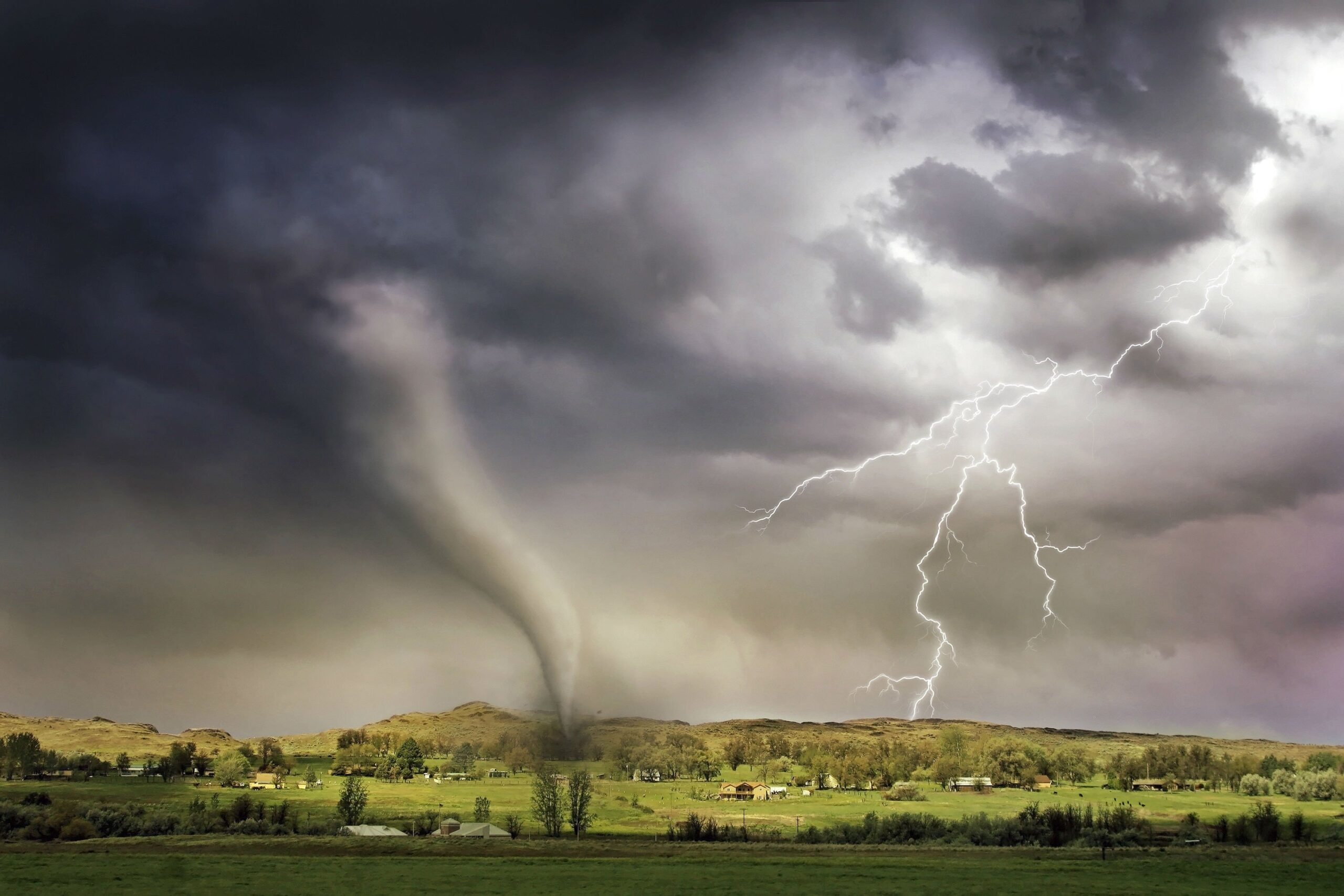
Steps to Take After a Natural Disaster Damages Your Home

With our climate changing and our bad weather becoming more frequent and more severe; more and more homeowners are being misplaced out of their homes until repairs can be made. A lot of times homeowners are afraid to start the clean up until the insurance carrier can arrive to do an assessment of the damages. This is not the case. After a natural disaster and damage has occurred to your home, you can follow these steps in order to ensure the quickest route to making your home inhabitable again.
Call your Insurance Agent and File the Claim
You will be assigned a claim number and be put in line for an adjuster to come out and assess the damage. The longer you wait to file the claim, the further you will be put back in the queue . Make sure to keep your claim number and adjuster contact info for the duration of your claim. You will need to refer to this often throughout the claims process.
Do a Complete Inspection of Your Home and Assess the Damage Yourself
Take pictures of all the damaged areas of the home before you start the clean up process. Then when the adjuster comes out, make sure to point out all the damaged areas you have already discovered to ensure he creates a complete assessment of the damage. You don’t want him/her to miss reporting any damage.
Take ‘Damage Mitigation’ Measures Right Away
Most home insurance policies have a clause that states the homeowner has the ‘duty’ to try to stop more damage from happening before repairs can be made. You can hire a mitigation company or do it yourself, but make sure to keep track of your time spend and receipts for materials purchased to ‘shore up’ your home from further damage. Do not start ‘permanent’ repairs until the adjuster has come out, verified damage and policy coverage and gives you assurance that the repairs are covered under your home insurance policy. Remember: Flood is never covered on a home insurance policy. You have to purchase a separate policy for that type of loss.An example of mitigation effort would be to board up all windows, holes in roof or siding so no moisture can get in the home, turn off water sources if possible. Make sure to keep track of your time and material expend
Take Personal Property Inventory
Hopefully you have an ‘inventory’ of all your personal possessions . This list will be very helpful in this type of loss. It will help you ‘remember’ what you had and this ensures you will be duly compensated for your loss of personal property. Click Here with help on how to create an inventory of your personal property. If you don’t have a preexisting list of all your personal belongings, the adjuster will ask you to do this during the claims process. You can start discarding personal items that have been damaged, but make sure to take a picture of it and keep a log of the discarded property. If you can find receipts amongst the ruble, these will help as well.
Start Interviewing Repair Contractors
Remember, the insurance carrier doesn’t actually make the repairs to your home, they just ‘reimburse’ the homeowner for the cost to repair. T he homeowner is responsible to make the repairs or hire a contractor to do the work. Start interviewing contractors and repair persons as soon as possible because they get busy right after a natural disaster. You want to get yourself in their work queue as soon as possible. Get referrals for these services from your friends and neighbors, but don’t sign a contract for repairs, until you’ve met with your claims adjuster just so you have all the information on what is covered by the home insurance policy before committing to repairs with a contractor. If it’s not covered by the insurance, you might want to wait on certain repairs to give you time to save or set up financing for the repair.
Other Important Things to Remember about the Claims Process
Initial Insurance Reimbursement is Partial. After the adjuster has determined the insurance policy will reimburse for repairs, the initial payment will be only a % of the total estimated cost to repair. This initial payment is to help the homeowner pay a deposit to the contractor and start purchasing materials. After the work is completed, the insurance carrier will release the rest of the total cost to repair (minus the deductible)
Loss of Use Coverage – Almost all home insurance policies will pay for the additional living costs the incurred will misplaced from your home and living in a temporary location due to a covered insurance loss. Make sure to talk to your agent and/or claims adjuster to get information on getting reimbursed for these costs as well as the costs to repair your home. In Colorado, State law dictates the home insurance policies pay for additional living expenses up to 24 months.
Denver West Insurance Brokers is located on the west side of Denver in Golden Colorado and serve the communities of Lakewood, Arvada, Westminster, Littleton, Morrison, Evergreen and the mountain towns of Frisco, Breckenridge, Silverthorne, Dillon and Idaho Springs. Give one of our licensed agents a call today.ch as hotel costs, eating out, laundry and additional commute expenses will be reimbursed to the homeowner.
Note: Data and information provided on this site is for informational purposes only and should not be considered professional advice. Denver West Insurance Brokers makes no representations as to accuracy, or validity of any information on this site and will not be liable for any errors, omissions, losses, injuries, or damages arising from its display or use.
